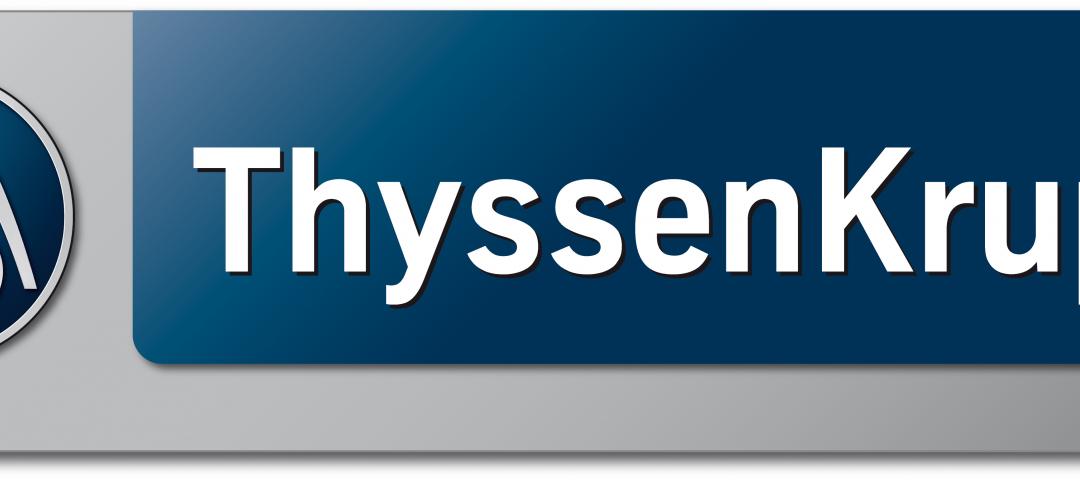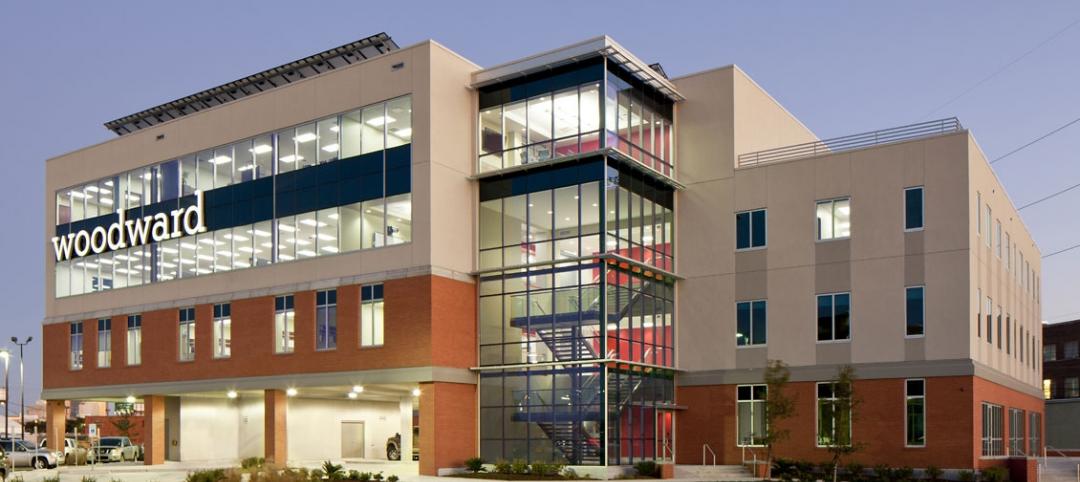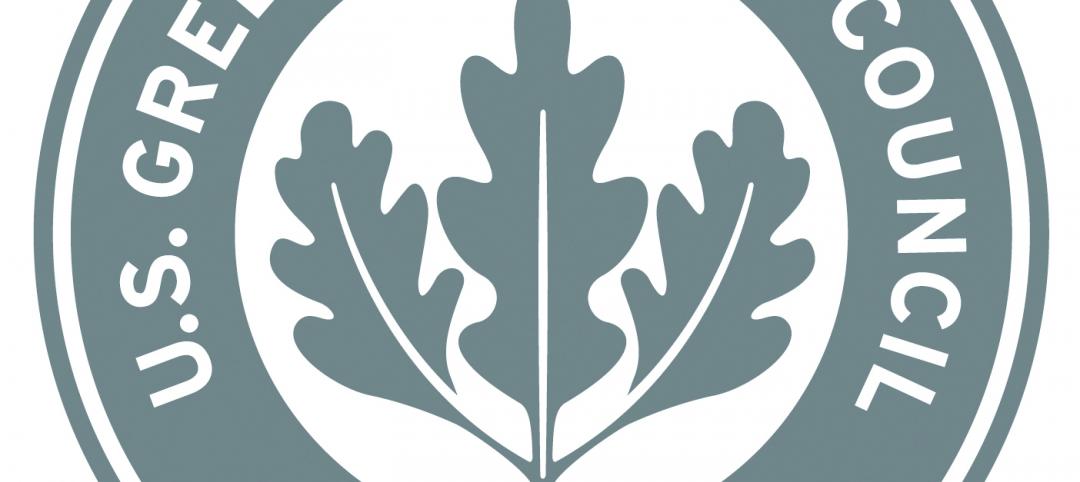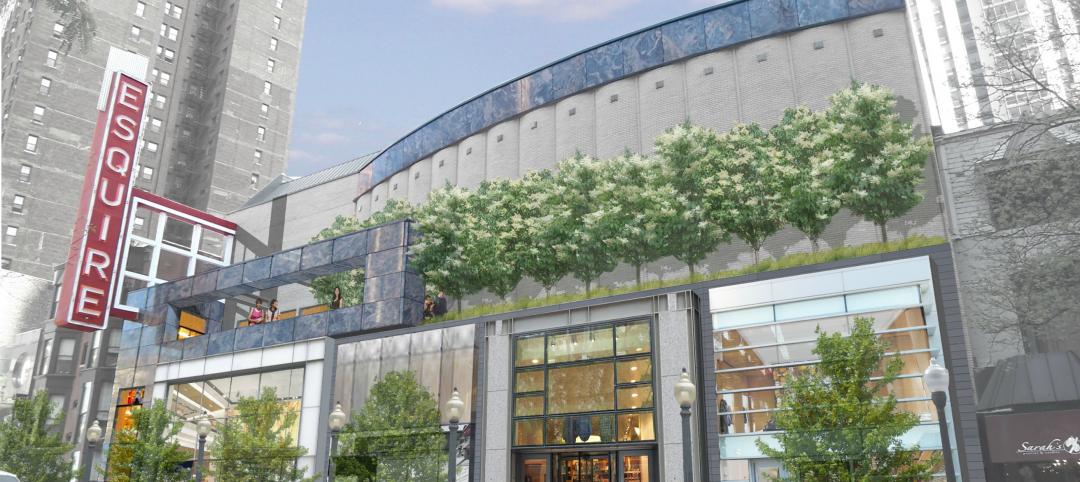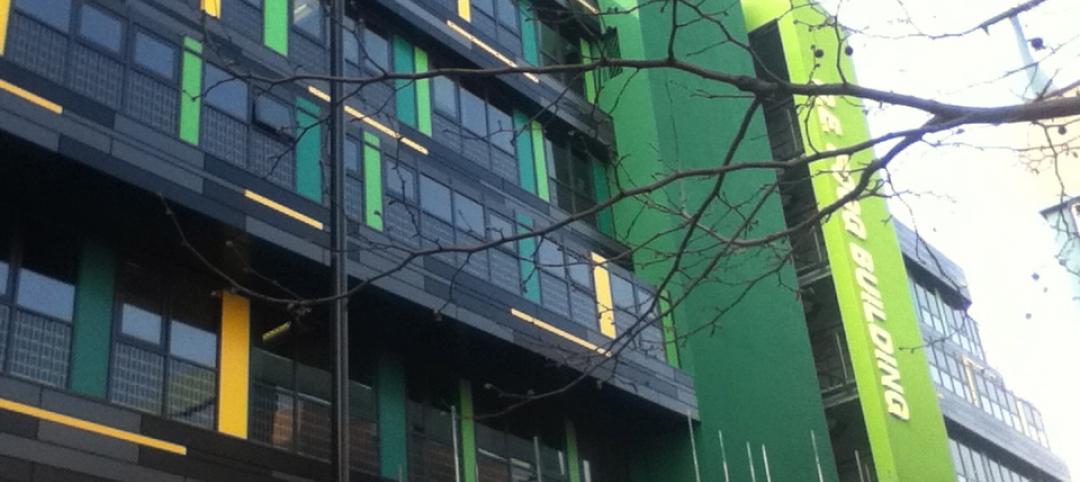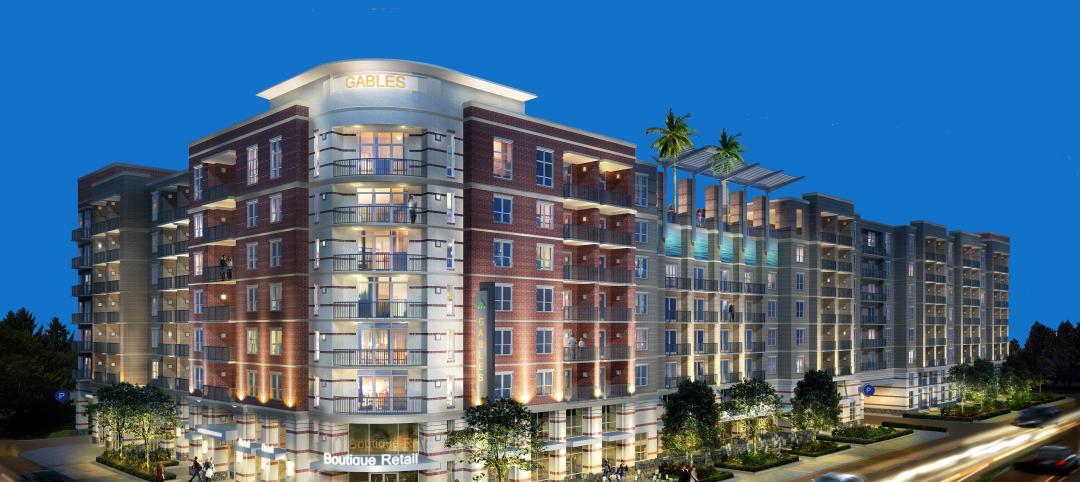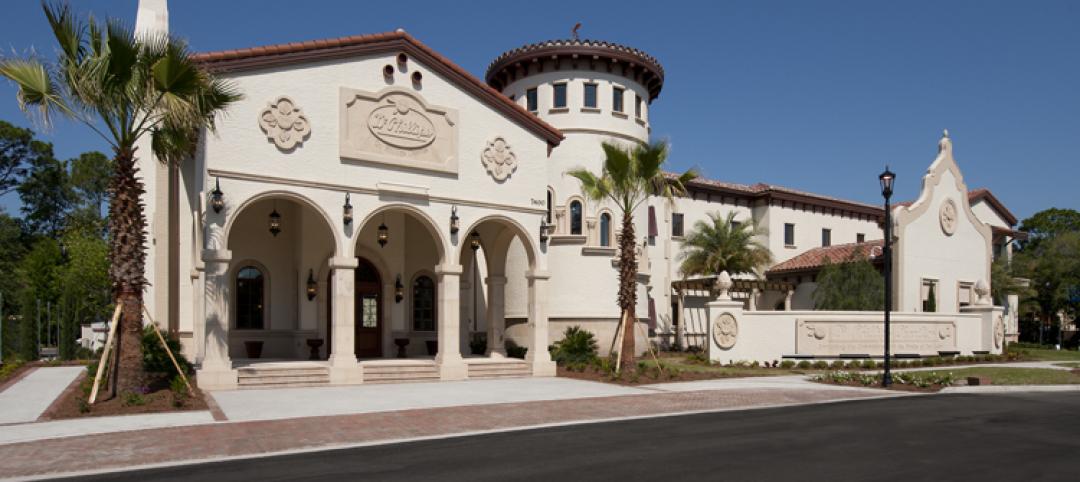By 2050, it is estimated that 70% of the world's population will live in cities. But as society and technology change, so will the urban landscape—and our metropolitan future will be quite different from current cities, according to Fast Company and a panel of design experts.
Across the cultural grid, from food to retail to transportation, America's urban areas are already undergoing a major metamorphosis. Here are the six major trends shaping our cities, from Fast Company:
1. The "sharing economy" will apply to housing, too. The line between public and private spaces will continue to blur as people move into a wider range of spaces with shared kitchens and living rooms, while renting or owning their own bedrooms and bathrooms.
2. Restaurants will double as living rooms. City populations are only getting more densely packed, meaning that living space is at a premium. As homes shrink, restaurants will become not just a place to eat, but needed space for socializing.
3. Your office will look like a library. Every day, it grows easier to work from home. As a result, employees have begun to expect workspaces more comfortable, socially-oriented spaces when they do go into the office, and this is changing how offices are designed.
4. The big-box store will be on the block, but you won't need to go. Big-box retailers such as Walmart and Target are moving into the city, but shopping is slowly booming more automated—so you may simply be able to bring the store home with you.
5. Your health will become a retail product. More healthcare facilities are mimicking retail locations in their style, and health is becoming a consideration for all types of design and building projects.
6. Infrastructure and transportation. Technology will quicken the pace of infrastructure and transportation innovation, making intercity travel faster and safer.
Read the full article at Fast Company.
Related Stories
| Dec 6, 2011
Mortenson Construction completes Elk Wind Project in Iowa
By the end of 2011, Mortenson will have built 17 wind projects in the state generating a total of 1894 megawatts of renewable power.
| Dec 6, 2011
?ThyssenKrupp acquires Sterling Elevators Services
The acquisition of Sterling Elevator Services Corporation is the third acquisition completed by ThyssenKrupp Elevator AG in the last three months in North America.
| Dec 6, 2011
Vivenzio named vice president of building performance practice at Thornton Tomasetti’s New York Office
Vivenzio, a licensed architect in New York and New Jersey, has more than 28 years of experience in architectural project management, construction administration, building diagnostic services and forensic investigation.
| Dec 6, 2011
New office building features largest solar panel system in New Orleans
Woodward Design+Build celebrates grand opening of new green headquarters in Central City.
| Dec 5, 2011
New York and San Francisco receive World Green Building Council's Government Leadership Awards
USGBC commends two U.S. cities for their innovation in green building leadership.
| Dec 5, 2011
Summit Design+Build begins renovation of Chicago’s Esquire Theatre
The 33,000 square foot building will undergo an extensive structural remodel and core & shell build-out changing the building’s use from a movie theater to a high-end retail center.
| Dec 5, 2011
Fraser Brown MacKenna wins Green Gown Award
Working closely with staff at Queen Mary University of London, MEP Engineers Mott MacDonald, Cost Consultants Burnley Wilson Fish and main contractor Charter Construction, we developed a three-fold solution for the sustainable retrofit of the building.
| Dec 5, 2011
RJM Construction begins building Nova Classical Academy in St. Paul
As the general contractor, RJM is constructing the 94,000-sf building that will consolidate the St. Paul school’s two other locations.
| Dec 5, 2011
Gables Residential brings mixed-use building to Houston's Tanglewood area
The design integrates a detailed brick and masonry facade, acknowledging the soft pastel color palette of the surrounding Mediterranean heritage of Tanglewood.
| Dec 5, 2011
SchenkelShultz Architecture designs Dr. Phillips Charities Headquarters building in Orlando
The building incorporates sustainable architectural features, environmentally friendly building products, energy-efficient systems, and environmentally-sensitive construction practices.



